"We need an energy miracle. A cheap, clean source of energy would change everything." - Bill Gates
From the perspective of the fuel and reactor itself, nuclear energy is actually very inexpensive. Uranium fuel has a very high energy density, so a lot less of it is needed than fossil fuel to produce the same amount of electricity. High regulatory requirements drive up the cost both during construction and operation, but also make nuclear power one of the safest industries in the world.
Nuclear power plants made a lot of sense to build in the 1970s because energy markets were regulated and prices could be set to ensure that the plant would make money over a long period of time. Since then, the reform of the electricity industry has been undertaken as part of wider economic reform driven by a range of factors including the globalization of the world economy and pressures to improve domestic and international competitiveness, trends towards smaller government and emerging beliefs in free market principles.
The current energy market, in most industrialized countries, depends on electricity prices for the benefit of consumers, and is not dependent on the environment, emissions, or reliability.
Many large nuclear power plants under construction right now, especially in Europe, are facing significant cost overruns and investors are threatening to pull out. In the past few years, China has been the most successful in completing construction and putting nuclear reactors online. Although the Chinese electricity industry has undergone some reform, most of it is still owned by state-holding enterprises. In addition, cheap labor and material decrease construction costs.
In the United States, nuclear power plants are closing early - well before their license retirement dates - because they can't compete with low natural gas prices and the short-term nature of the competitive market. Illinois may be the first state to pass an energy law that would include implementation of a zero emission standard, specifically to keep nuclear power plants open.
Electricity markets are only moving more and more towards deregulation and open markets. Government incentives and subsidies can't be the only enabler for clean energy. Clean energy sources need to be able to compete on price. The costs of renewables are decreasing every year, but are not enough to tackle the climate change and energy problem.
Significantly reducing the construction and operation costs of nuclear power plants could be the "energy miracle" that is needed for climate change. This is possible through streamlining regulation, modular construction and efficient operation. More on this in the next post!

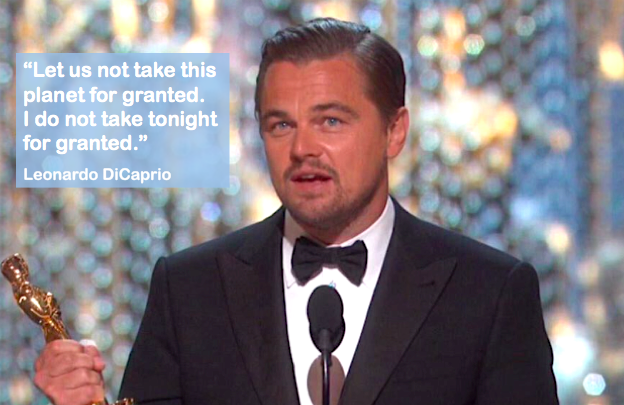
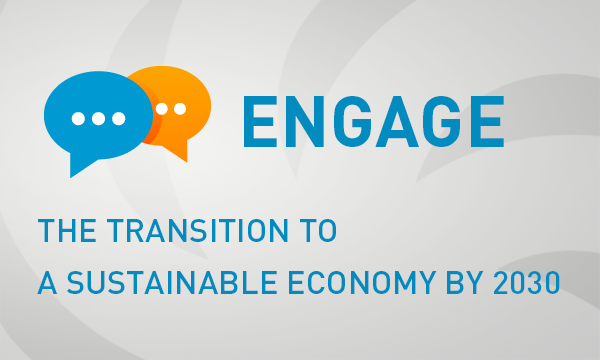
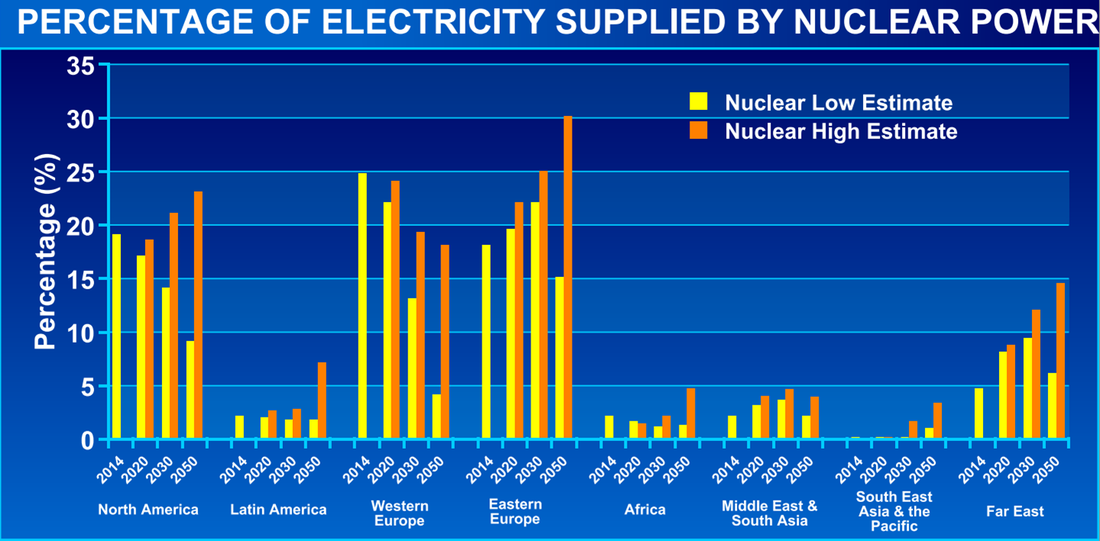
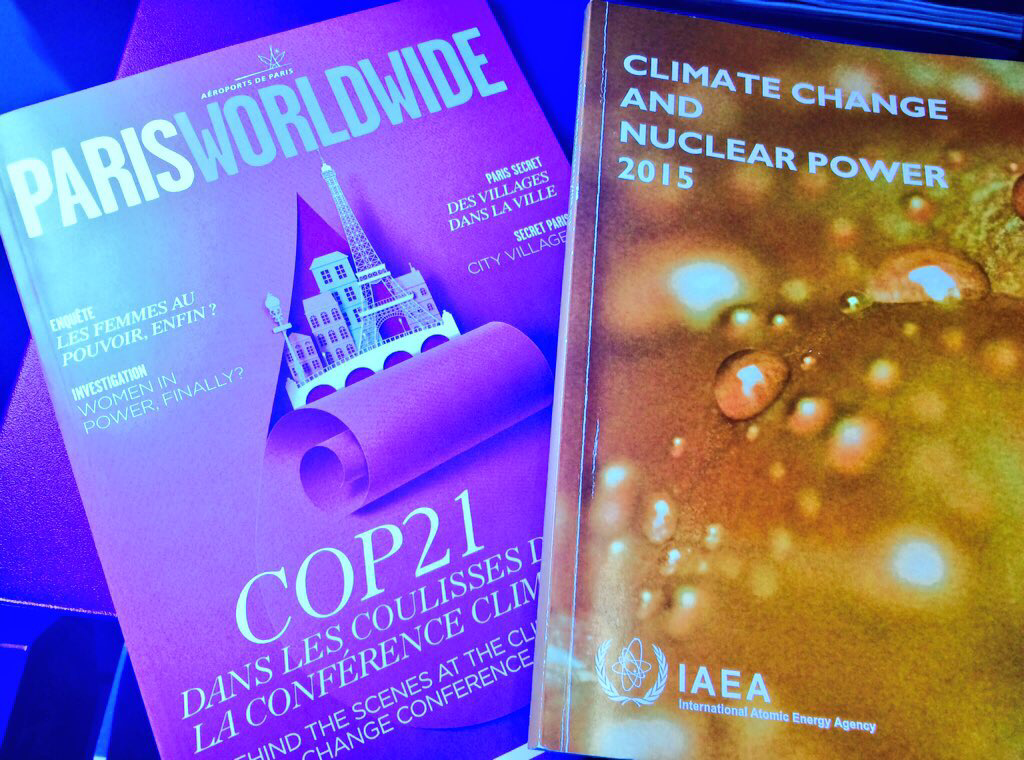
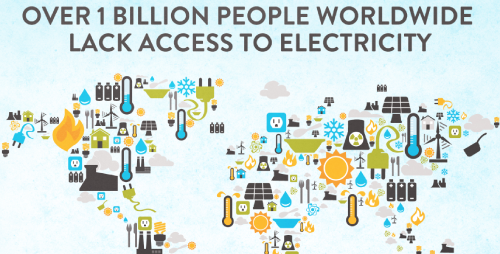


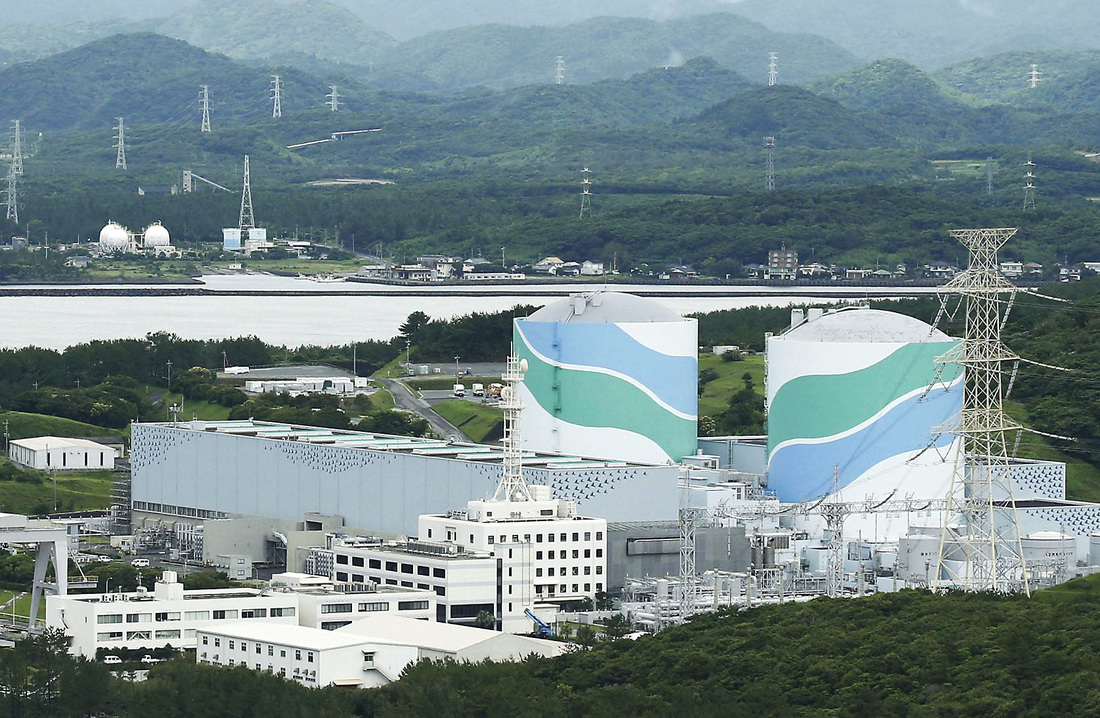
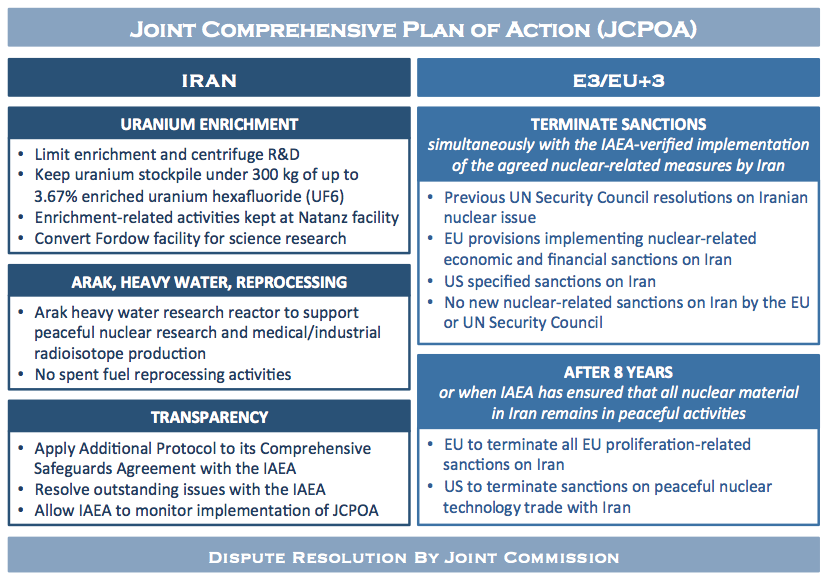

 RSS Feed
RSS Feed

